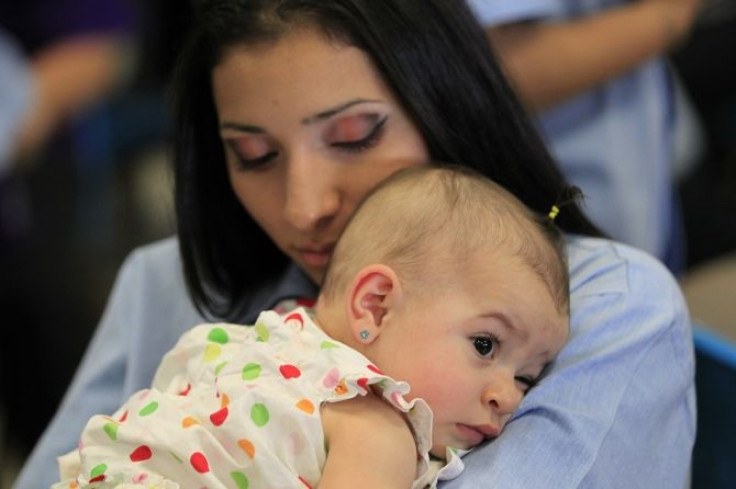Fatty Foods Now, Cancer Later: Diet During Pregnancy Affects Future Generations

During pregnancy, a woman's diet not only affects her child but future generations as well.
New research says that women who eat high-fat foods during pregnancy may be increasing breast cancer risk in their daughters, granddaughters and even great-granddaughters.
The study was done on rat models. The researchers from Virginia Tech and Georgetown University say that the same mechanism appears in humans too. According to the researchers, the study may help identify women at risk and could lead to better prevention strategies.
Two-thirds of the human breast cancers have no known genetic mutations, Leena Hilakivi-Clarke, professor of oncology at Georgetown Lombardi Comprehensive Cancer Center said in a press release. Understanding how diet affects breast cancer risk can help improve treatment options.
The study was conducted on two sets of rats and their progeny. One set was fed a high-fat diet while the other received a diet with excess estrogen. Both groups were then compared with rats that were on a normal diet.
"We found that if the mother was fed a high-fat diet before conception and throughout pregnancy, the increased breast cancer risk was transmitted to granddaughters through either male or female germ-line," said Sonia de Assis, PhD, a postdoctoral researcher in Hilakivi-Clarke's laboratory.
The rat group that received excess estrogen in the diet had up to a 50 percent increased chance of breast cancer tumors in granddaughters and great-granddaughters. In this group, the risk was transmitted only through females.
Researchers from Virginia Tech developed mathematical models to study the changes in the DNA through the generations to see how a genetic change that increases cancer risk is passed on from mother to daughter. The modification, called methylation, doesn't change the genetic structure of the DNA but alters the way it is expressed. DNA methylation represses gene expression or puts it in "off" mode.
"It is becoming clear that the process of epigenetic signaling-which genes are expressed and which genes are silenced-is being affected by a mother's hormonal environment during pregnancy," said Leena Hilakivi-Clarke,
In the future, it may be possible to undo some of the negative effects of diet during pregnancy and reduce the breast cancer risk in subsequent generations. The next step for future studies would be finding out when this DNA methylation occur, early in the pregnancy or later, so that interventions can be made during this time, said one of the study authors, Yue Wang, from the Virginia Tech.
The study was published in the journal Nature Communications.



























